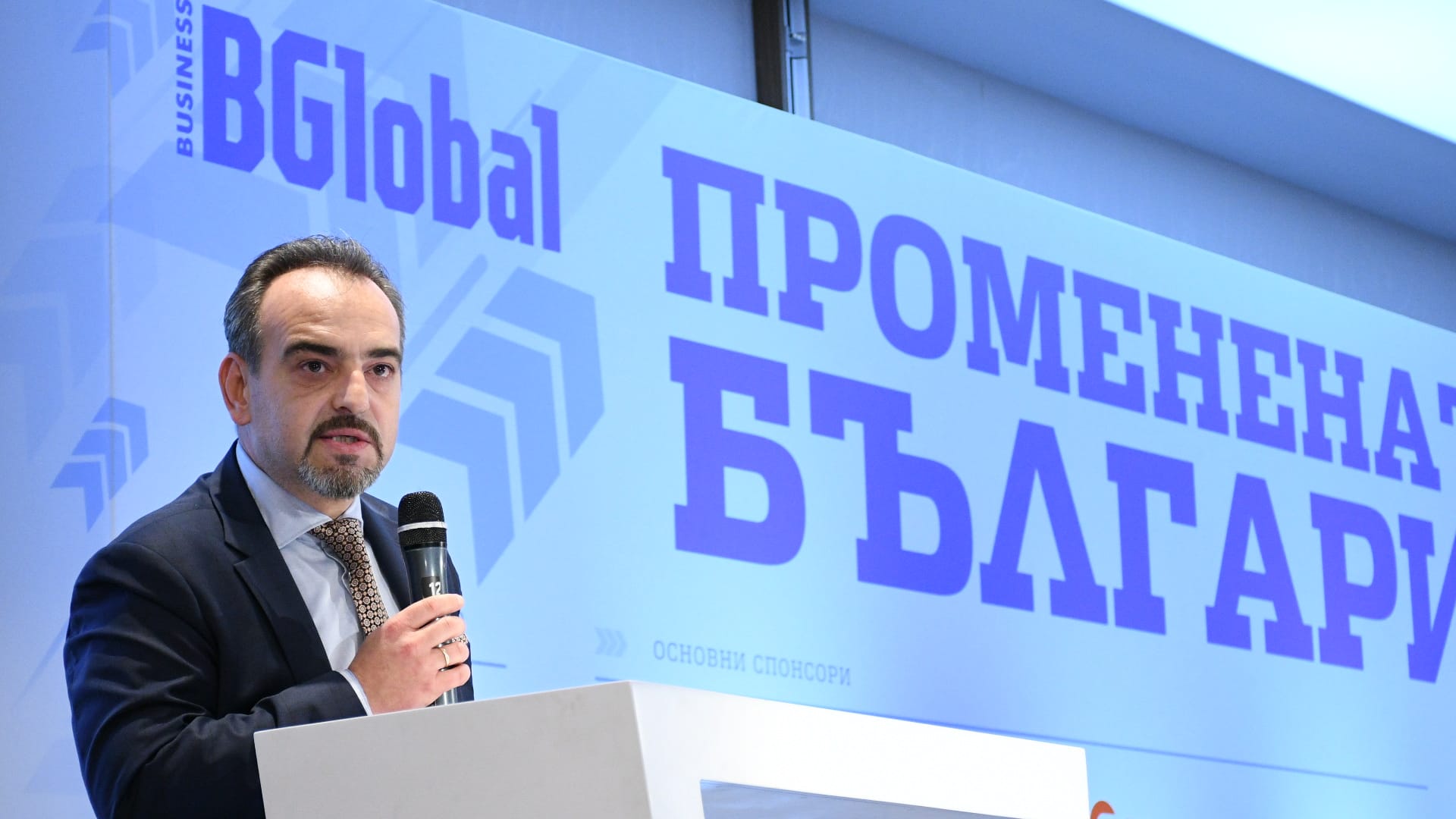A conference titled "Business and Regions – A Changed Bulgaria" took place at the Grand Millennium Hotel in Sofia on Tuesday. The event was organized by BGlobal magazine and the Bulgarian Industrial Association (BIA), in partnership with the Institute for Market Economics (IME). The Bulgarian News Agency, Investor.bg, and Bloomberg TV are media partners of the forum.
The focus of the conference was on the challenges that businesses and local authorities are facing in the changed economic environment, and on the added value of large, strategic investors for the development of the regions. The topics discussed included economic aspects as well as social initiatives and community development issues. Mayors of municipalities, representatives of the executive power and managers of large companies such as Dundee Precious Metals, Aurubis Bulgaria, Geotechmin, Unicredit Bulbank, Assarel-Medet and Electrohold participated in the discussion.
Speaking at the forum, Tim Kurth, President of the German-Bulgarian Chamber of Commerce and Industry and Aurubis Bulgaria Executive Director, said that, until very recently, the challenges were to sustain production, keep supply chains running, secure jobs and maintain community links despite COVID-19. In his words, today, the challenges seem to be the same - how to maintain these foundations despite turbulence in energy markets, despite worrying signs of inflation and in the shadow of forecasts of slowing economic growth. According to Kurth, sustainability is built upon three pillars – the people, the economy and the environment. "We cannot be sustainable without showing solidarity with one another. I am convinced that we will be able to preserve what we have built together over the years precisely because we are in solidarity", he added.
BIA Chairman Dobri Mitrev said that the forum is now a tradition and it is in cooperation with companies to help different regions. Today’s topic is to draw a plan to make Bulgaria a prospering country in which Bulgarian companies grow and develop beyond its borders, to have richer people and young people who believe that their future is in Bulgaria, he noted. "Let us accept that this Bulgaria is not so much a country of problems, but a challenge. All the crises that have hit us should teach us to think and work hard if we want future generations to find a clean and prosperous Bulgaria where they will live and work with pleasure", Mitrev added.
Addressing the participants, IME Executive Director Svetla Kostadinova said: "The people who make the difference are here – it is you with your efforts who are to improve the environment and help the country move forward. Everyone in this room shares the same problems - high energy prices, deteriorating economic environment, supply problems, and the expected rise in interest rates". It turns out that the main factor for a municipality to move forward and retain investors is the quality of local education, Kostadinova explained. She presented several regional maps related to education in mathematics, Bulgarian language and vocational education. In her words, the problem is that there are many vocational schools that either train children for professions that are not in demand in the respective regions, or provide a quality of education that makes them almost indistinguishable from non-vocational schools. Kostadinova added that the number of vocational school graduates is also decreasing.






